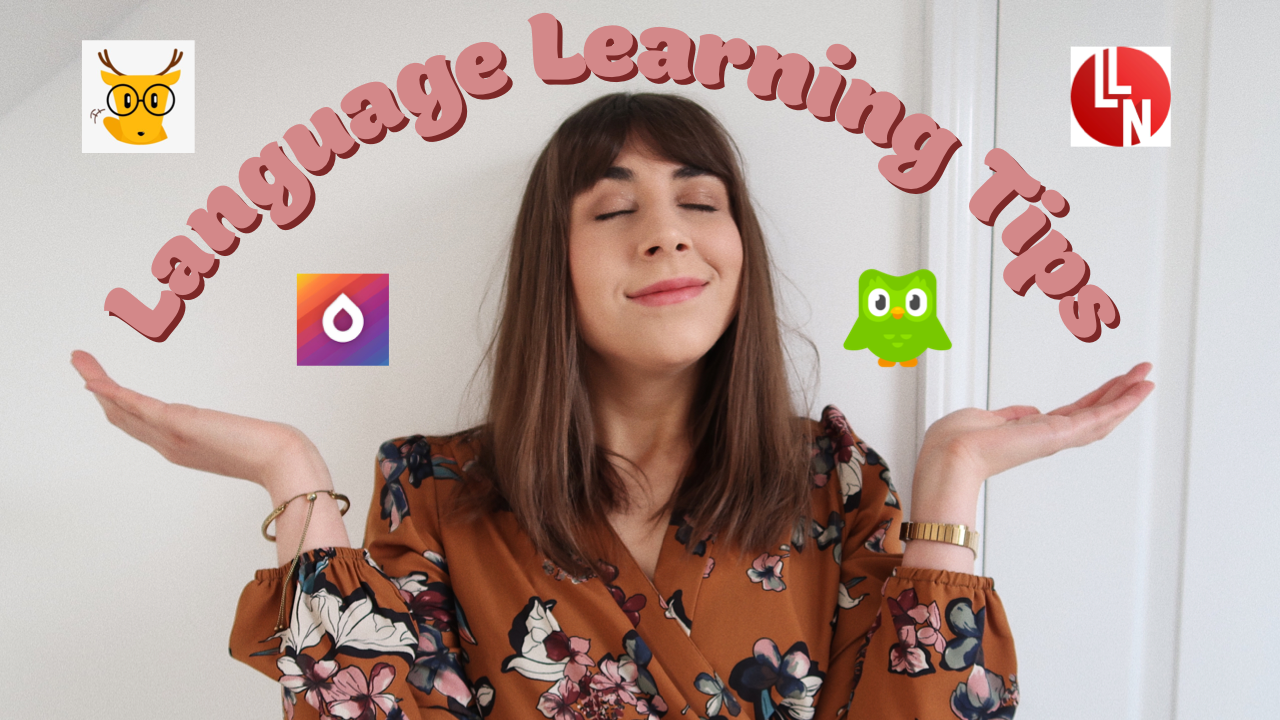French Cinema: Juste la fin du monde (It's Only the End of the World) Film Review
It’s Only the End of the World is a French-language film directed by Xavier Dolan. The film stars Gaspard Ulliel, Nathalie Baye, Marion Cotillard, Léa Seydoux, and Vincent Cassel who are arguably some of the biggest names in French cinema.
Based on the play of the same name by Jean-Luc Lagarce the narrative of the film follows Louis, a playwright on his trip home for the first time in 12 years wherein he plans to tell his family that he is dying.
It’s easy to see that this film is based on a play due to its intimate settings, small core cast and telling dialogue where what isn’t said is just as intriguing and important as what is said. I also love how there is so much ambiguity throughout the film as it’s never revealed why Louis left in the first place only that something triggered it. This for me adds to the realism of the film as the story is essentially about how important communication is and how we often fail to listen to each other which results in awkwardness and resentment especially when it comes to family. In some parts, it did feel a bit over the top, especially when Louis is in the company of his aggressive older brother Antoine, who just can’t help but be a complete prick to everyone around him, but for the most part, it was a compelling family drama.
This is the first film by Xavier Dolan that I have seen and I must say that I’m kind of annoyed that I haven’t watched any of his work sooner as I was really quite taken aback by the cinematography (claustrophobic close-ups, intense colour grading) and the use of soundtrack in the film. Especially the use of O-Zone’s Dragostea Din Tei (yes that so cheesy it’s kind of good song from 2003) and Exotica’s Une miss s’immisce and how they weave into moments from Louis’s memories. These scenes are a world away from the claustrophobia of the family home in the present. Running hopefully over a sun-drenched field as a kid or a sensually lit (oranges, pinks and greens dominate the colour palette here) teenage sexual encounter, these flashbacks are beautifully nostalgic and the music only helps to create the atmosphere for each one.
« la prochaine fois nous serons préparés »
“We'll be better prepared next time…”
The film’s ending is also quite visually striking with severe fiery oranges that take over the colour palette due to the sun setting. It is also a fitting symbol for how intense and fraught the whole day has been for Louis and that perhaps like the setting sun signals the end of a day, this sunset is the end of his connection with his family. Bird imagery is also dispersed throughout the film but most notably at the end with a surreal moment where a small cuckoo escapes the cuckoo clock and flies frantically around the house searching for a way out. Almost certainly a metaphor for Louis himself, he flew the coup and should not have returned and as it lies dying on the floor at the close of the film, he too is on his journey towards death, alone.






